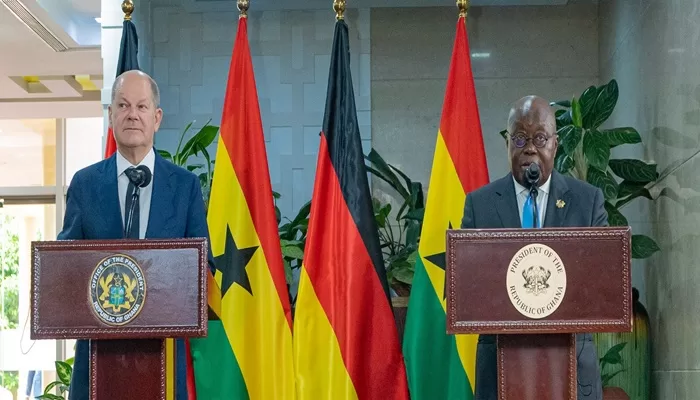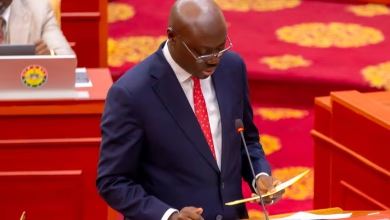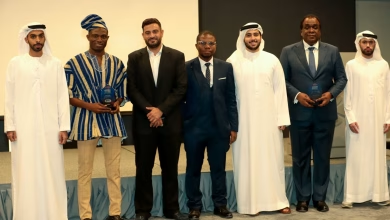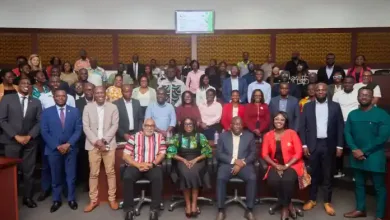Ghana and Germany Strengthen Partnership on energy sources

Ghana will continue to be a key partner for Germany in developing alternative energy sources, replacing fossil fuels, according to Mr. Till Mansmann, Special Commissioner for Innovation and Green Hydrogen at the Federal Ministry of Education and Research, Germany.
Mr. Mansmann made this assurance during a cocktail dinner at the residence of the German Ambassador to Ghana, as part of his official working visit to the country. The event aimed to assess collaboration levels and discuss opportunities in the green hydrogen sector.
Germany is committed to the Paris Treaty on Climate Action, aiming to reduce dependence on fossil fuels and cut emissions by 65% by 2030. “Germany knows we are an energy importing country and will be importing a lot of energy in the future, so Germany is looking for partners worldwide to replace fossil energy on a global scale, and this is where Ghana comes in,” Mr. Mansmann said.
He emphasized the need for Ghana and Africa to leverage their abundant renewable energy resources to attract investment. “The opportunities for renewable energy investment in Africa are really great. Ghana is a good partner for us. We have partnerships in education, mathematics, and different fields, and we are interested in making this cooperation towards energy more intensive,” he said.
Renewable energy, according to Mr. Mansmann, is not only efficient but also cost-effective in the long run. Germany has allocated 3.53 billion euros to procure green hydrogen and its derivatives between 2027 and 2045, as part of its commitment to achieving carbon neutrality by 2045.
Ghana can play a significant role in this partnership, and the German government is seeking to collaborate with African countries, particularly Ghana, to achieve sustainable development goals and national climate protection targets. “We want to contribute to the prerequisites for ensuring that the hydrogen ramp-up in interested partner countries serves to achieve the sustainable development goals and the respective national climate protection targets,” Mr. Mansmann said.
During his visit, Mr. Mansmann engaged with state and non-state actors, including government officials, academics, renewable energy experts, and stakeholders, to discuss potential partnerships and opportunities in the green hydrogen sector. Green hydrogen, produced through electrolysis using renewable electricity, is an emerging form of renewable energy with minimal carbon emissions, making it a desirable alternative to traditional energy sources.






